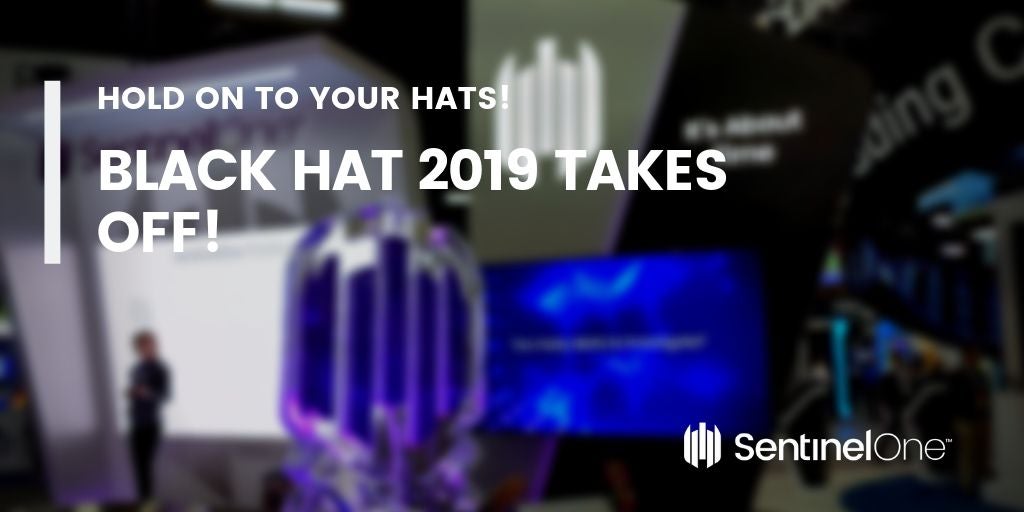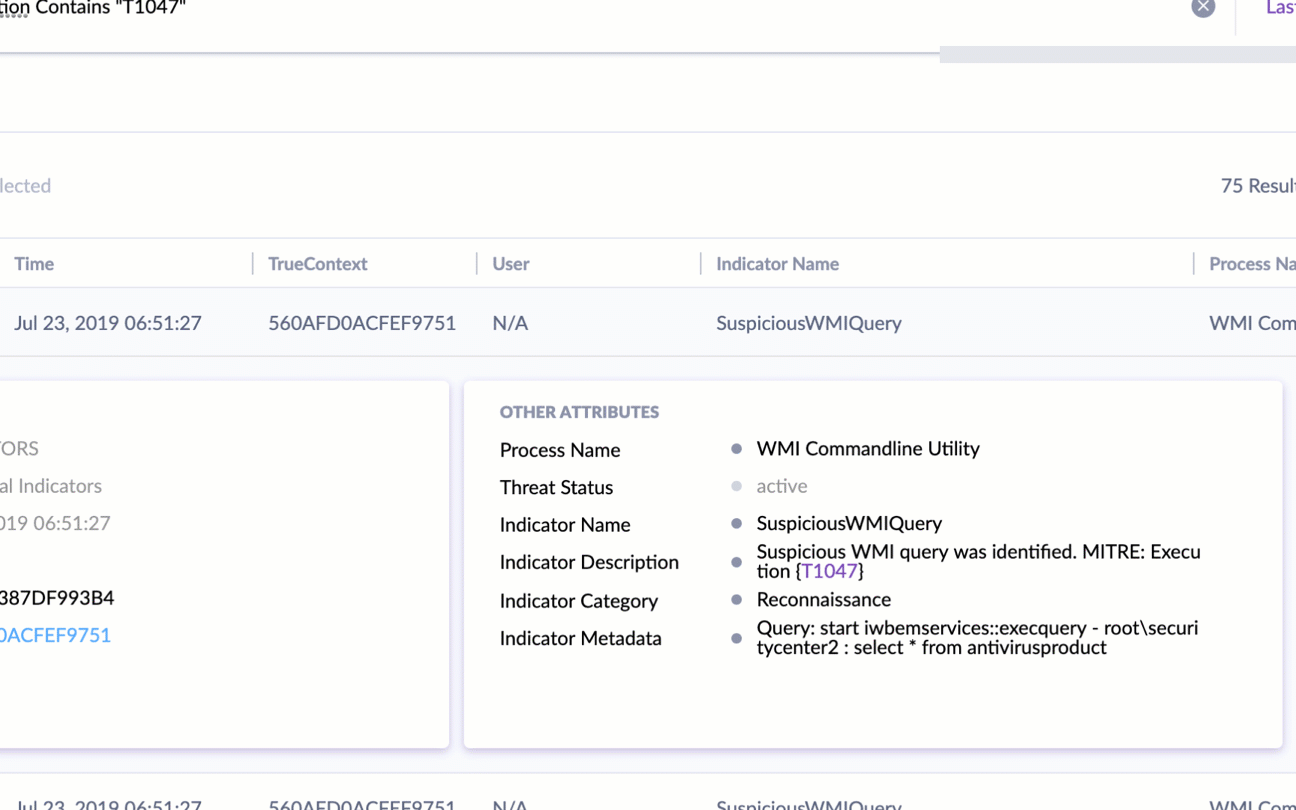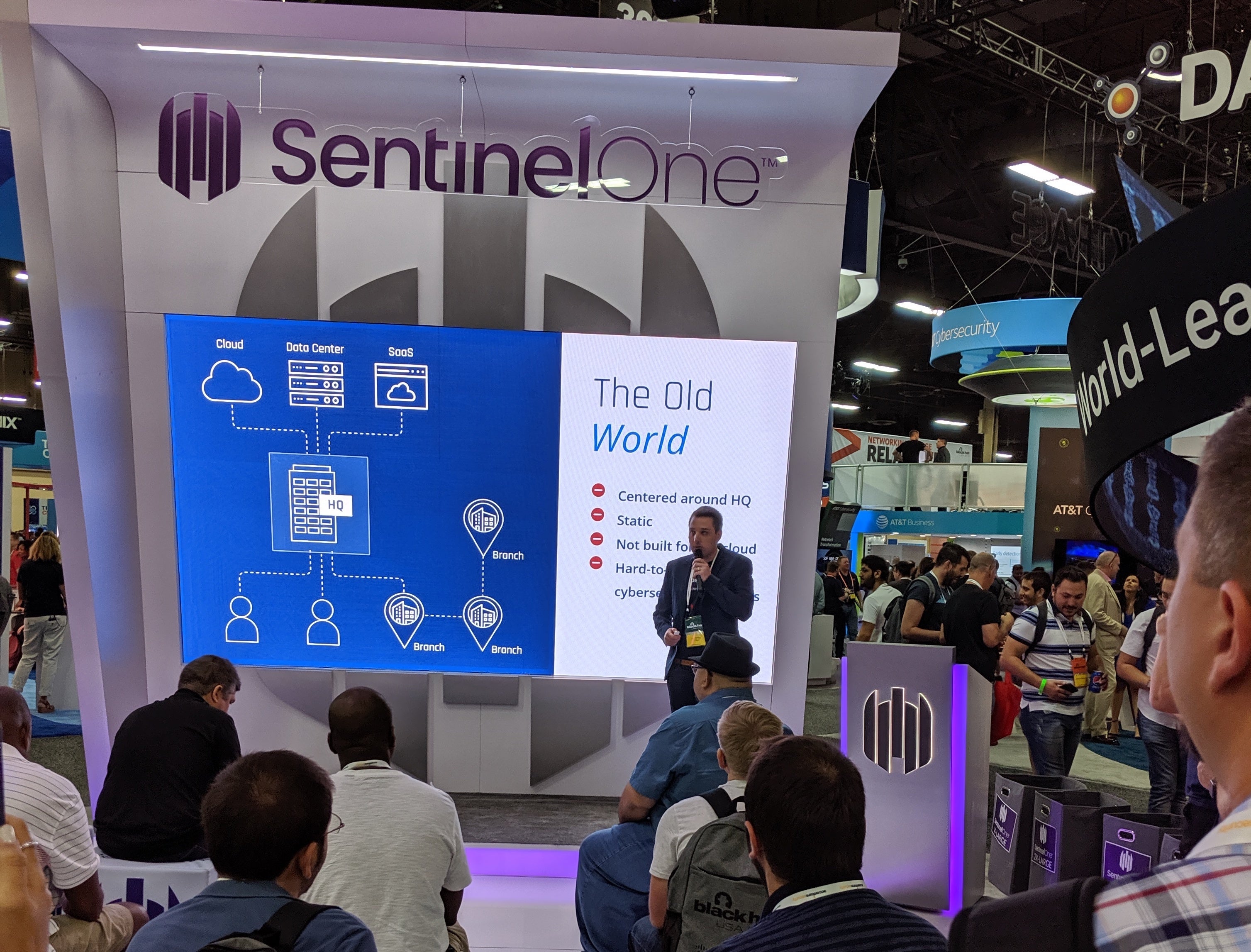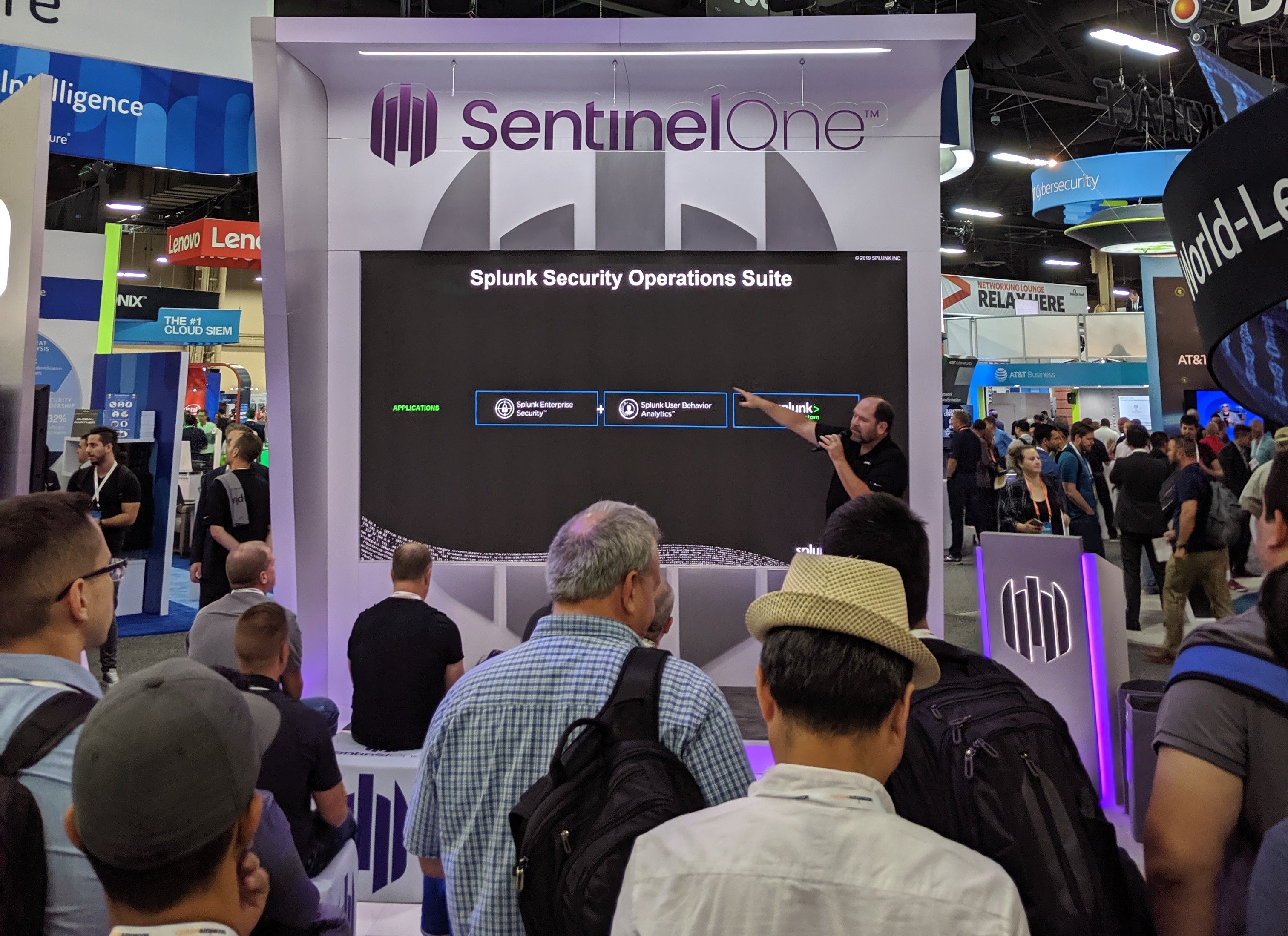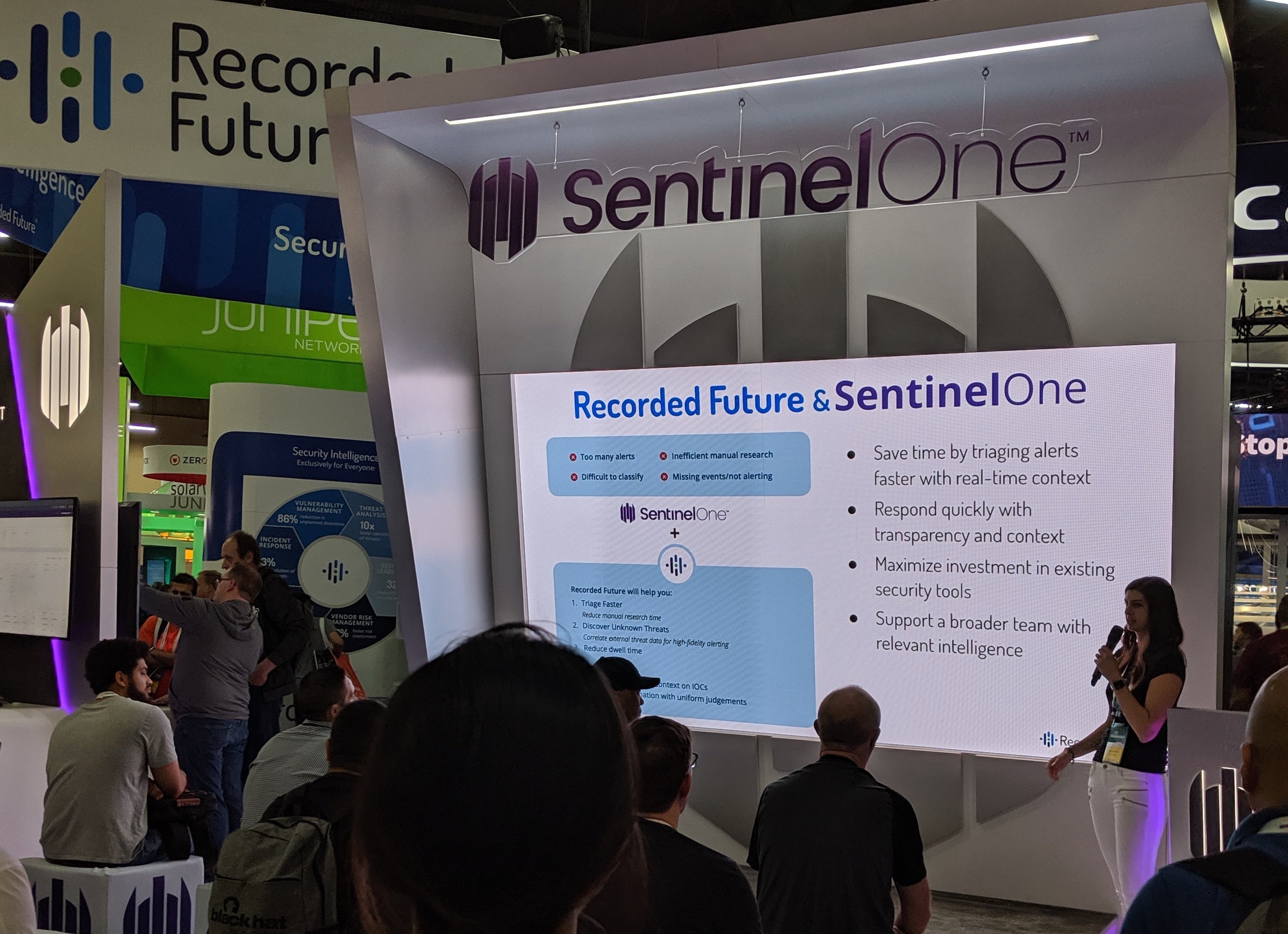Tim Hsia & Neil Devani
Contributor
More posts by this contributor
Welcome to this transcribed edition of The Operators. TechCrunch is beginning to publish podcasts from industry experts, with transcriptions available for Extra Crunch members so you can read the conversation wherever you are.
The Operators features insiders from companies like Airbnb, Brex, Docsend, Facebook, Google, Lyft, Carta, Slack, Uber, and WeWork sharing their stories and tips on how to break into fields like marketing and product management. They also share best practices for entrepreneurs on how to hire and manage experts from domains outside their own.
This week’s edition features Airbnb’s Global Product Director of Customer and Community Support Platform Products, Andy Yasutake, and Carta’s Head of Enterprise Relationship Management, Jared Thomas.
Airbnb, one of the most valuable private tech companies in the world, has millions of hosts who trust strangers (guests) to come into their homes and hundreds of millions of guests who trust strangers (hosts) to provide a roof over their head. Carta, a $1 Billion+ company formerly known as eShares, is the leading provider of cap table management and valuation software, with thousands of customers and almost a million individual shareholders as users. Customers and users entrust Carta to manage their investments, a very serious responsibility requiring trust and security.
In this episode, Andy and Jared share with Neil how companies like Airbnb, Carta, and LinkedIn think about customer service, how to get into and succeed in the field and tech generally, and how founders should think about hiring and managing the customer support. With their experiences at two of tech’s trusted companies, Airbnb and Carta, this episode is packed with broad perspectives and deep insights.

Neil Devani and Tim Hsia created The Operators after seeing and hearing too many heady, philosophical podcasts about the future of tech, and not enough attention on the practical day-to-day work that makes it all happen.
Tim is the CEO & Founder of Media Mobilize, a media company and ad network, and a Venture Partner at Digital Garage. Tim is an early-stage investor in Workflow (acquired by Apple), Lime, FabFitFun, Oh My Green, Morning Brew, Girls Night In, The Hustle, Bright Cellars, and others.
Neil is an early-stage investor based in San Francisco with a focus on companies building stuff people need, solutions to very hard problems. Companies he’s invested in include Andela, Clearbit, Kudi, Recursion Pharmaceuticals, Solugen, and Vicarious Surgical.
If you’re interested in starting or accelerating your marketing career, or how to hire and manage this function, you can’t miss this episode!
The show:
The Operators brings experts with experience at companies like Airbnb, Brex, Docsend, Facebook, Google, Lyft, Carta, Slack, Uber, WeWork, etc. to share insider tips on how to break into fields like marketing and product management. They also share best practices for entrepreneurs on how to hire and manage experts from domains outside their own.
In this episode:
In Episode 5, we’re talking about customer service. Neil interviews Andy Yasutake, Airbnb’s Global Product Director of Customer and Community Support Platform Products, and Jared Thomas, Carta’s Head of Enterprise Relationship Management.
Neil Devani: Hello and welcome to the Operators, where we talk to entrepreneurs and executives from leading technology companies like Google, Facebook, Airbnb, and Carta about how to break into a new field, how to build a successful career, and how to hire and manage talent beyond your own expertise. We skip over the lofty prognostications from venture capitalists and storytime with founders to dig into the nuts and bolts of how it all works here from the people doing the real day to day work, the people who make it all happen, the people who know what it really takes. The Operators.
Today we are talking to two experts in customer service, one with hundreds of millions of individual paying customers and the other being the industry standard for managing equity investments. I’m your host, Neil Devani, and we’re coming to you today from Digital Garage in downtown San Francisco.
Joining me is Jared Thomas, head of Enterprise Relationship Management at Carta, a $1 billion-plus company after a recent round of financing led by Andreessen Horowitz. Carta, formerly known as eShares, is the leading provider of cap table management and valuation software with thousands of customers and almost a million individual shareholders as users. Customers and users trust Carta to manage their investments, a very serious responsibility requiring trust and security.
Also joining us is Andy Yasutake, the Global Product Director of Customer and Community Support Platform Products at Airbnb, one of the most valuable private tech startups today. Airbnb has millions of hosts who are trusting strangers to come into their homes and hundreds of millions of guests who are trusting someone to provide a roof over their head. The number of cases and types of cases that Andy and his team have to think about and manage boggle the mind. Jared and Andy, thank you for joining us.
Andy Yasutake: Thank you for having us.
Jared Thomas: Thank you so much.
Devani: To start, Andy, can you share your background and how you got to where you are today?
Yasutake: Sure. I’m originally from southern California. I was born and raised in LA. I went to USC for undergrad, University of Southern California, and I actually studied psychology and information systems.
Late-90s, the dot com was going on, I’d always been kind of interested in tech, went into management consulting at interstate consulting that became Accenture, and was in consulting for over 10 years and always worked on large systems of implementation of technology projects around customers. So customer service, sales transformation, anything around CRM, as kind of a foundation, but it was always very technical, but really loved the psychology part of it, the people side.
And so I was always on multiple consulting projects and one of the consulting projects with actually here in the Bay Area. I eventually moved up here 10 years ago and joined eBay, and at eBay I was the director of product for the customer services organization as well. And was there for five years.
I left for Linkedin, so another rocket ship that was growing and was the senior director of technology solutions and operations where I had all the kind of business enabling functions as well as the technology, and now have been at Airbnb for about four months. So I’m back to kind of my, my biggest passion around products and in the customer support and community experience and customer service world.

![]()




